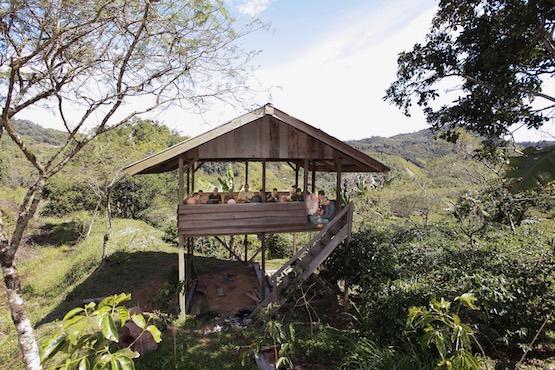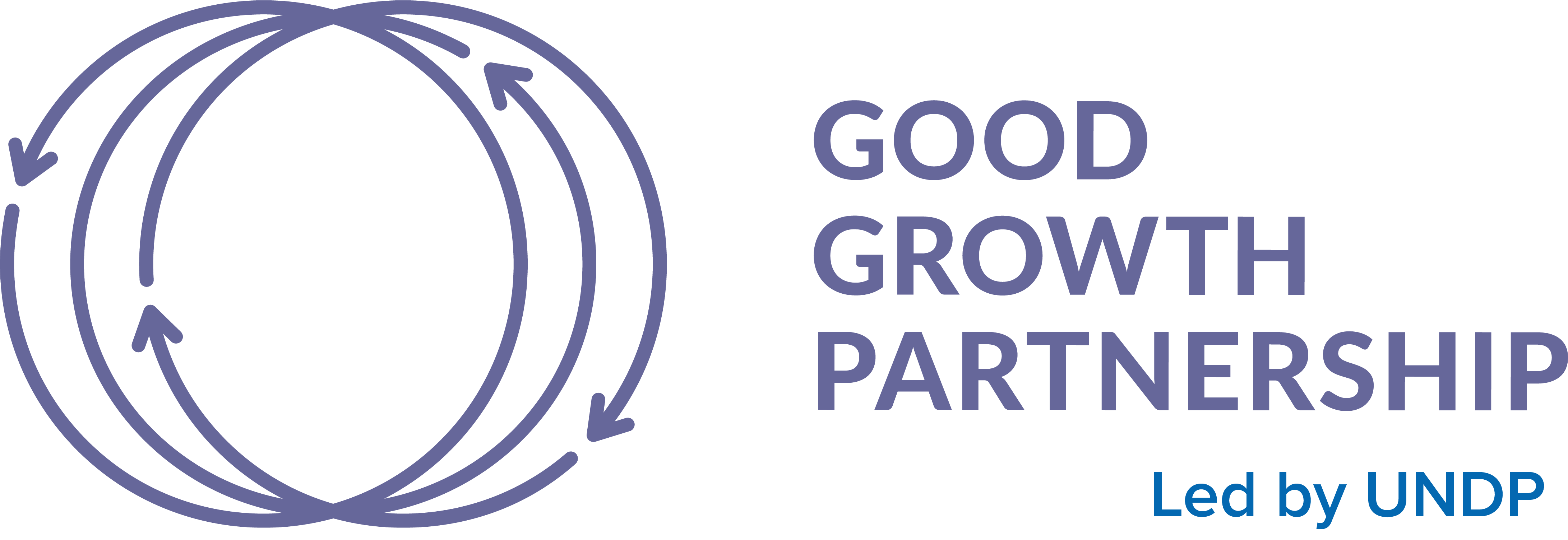Project Overview
Known for its globally significant biodiversity, Indonesia's sustainable development prospects, and its forests are under threat from continuous forest fragmentation and degradation. Agricultural expansion and competing land use priorities – coupled with lack of forest governance, nested jurisdictional systems, fires, peatland drainage, poverty and tenure insecurity – have led to significant forest loss.
Sites:
Multi-focal areas
Commodities:
Palm oil, coffee, cocoa, rice
Area Covered:
3,567,555 hectares
Executing Agencies:
Coordinating Ministry for Food Affairs (lead)
Ministry of National Development/Bappenas
Ministry of Agriculture
Ministry of Forestry
GEF Implementing Agency:
United Nations Development Programme and Food and Agriculture Organization of the United Nations

Project Features
The government of Indonesia has made notable policy advancements to promote sustainable commodity and crop production. The FOLUR Indonesia project aims to transform key commodity and food crop value chains—specifically oil palm, coffee, cocoa, and rice—by significantly reducing deforestation linked to their expansion. In parallel, the project supports improved land governance, the management of terrestrial protected areas, the development of new tools and policies, and practical, site-level interventions to promote sustainable agriculture.
Implementation to date has shown steady progress toward the overarching objective of transforming commodity and food crop systems through Integrated Landscape Management (ILM). Notable achievements include the generation of baseline data, facilitation of multi-stakeholder dialogues, strengthened landscape governance mechanisms, and increased community engagement across targeted jurisdictions.
Coffee grows in Central Aceh, Indonesia. Photo credit: FOLUR Project Indonesia

People gather in a viewing platform, Indonesia. Photo credit: FOLUR Project Indonesia
A core feature of the project is the promotion of Public-Private-Community Partnerships (PPCPs) and the institutionalization of inclusive, multi-stakeholder dialogue mechanisms.
These approaches foster active participation from local communities—including customary groups—in the co-design, implementation, and monitoring of sustainable land-use practices, moving away from conventional top-down models.
The PPCP model leverages substantial co-financing from a wide array of stakeholders, including key government ministries including the Coordinating Ministry for Food Affairs, Bappenas, Ministry of Agriculture, and the Ministry of Forestry, and private sector actors including Unilever, Mondelez, Olam, and the German Corporation for International Cooperation.
These partnerships mobilize investment into sustainable production and conservation efforts, creating market-based incentives for farmers and enabling large-scale, systemic change.
This collaborative financial model enhances both the scalability and sustainability of project impacts, going beyond traditional grant-based interventions.
Finally, the project places strong emphasis on policy coherence, ensuring that implementation aligns with Indonesia’s national development priorities and international commitments, including the U.N. Sustainable Development Goals, climate change mitigation targets, and the Kunming-Montreal Global Biodiversity Framework.
[Page updated August 2025]
Woman stands in rice field in Luwu, Indonesia. Photo credit: FOLUR Project Indonesia







